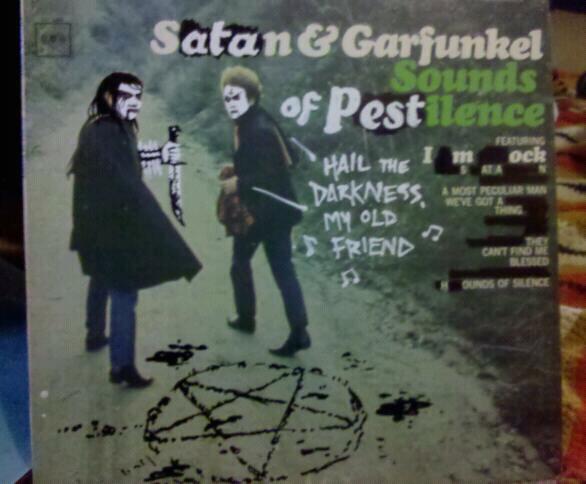In the Globe and Mail John Ibbitson lays out the possible and impossible goals and explains why it’s crucial for First Nations to work on the possible goals while there’s still momentum:
In that sense, it might be helpful to look at the disparate demands of the various factions claiming to represent native Canadians living on reserve, in an effort to separate the “deliverables” from the “non-deliverables.”
One key demand is that the Harper government withdraw a raft of legislation, including budget bills that have been passed, that native leaders claim weaken environmental protections and otherwise impair the lives and rights of their people.
Rescinding the budget bills, C-45 and C-38, is 100-per-cent non-deliverable. The Harper government is not going to repeal its budget. No government of any stripe ever would.
But other bills have not been passed. The First Nations Transparency Act, which would require band leaders to publicly report their income, is before the Senate. Native leaders consider its provision onerous and unfair. The Safe Drinking Water for First Nations Act aims to improve drinking water safety on reserves, but lacks sufficient funding in the eyes for first nations leaders. It’s still before the Commons. And there are other bills as well.
First Nations leaders would be wise to identify which legislation the Harper government might be convinced to amend, and press for those amendments.
The Assembly of First Nations, in its lists of demands, emphasizes the need for an inquiry into missing and murdered aboriginal women. This is eminently deliverable; native leaders should push hard for it.
Mr. Harper has agreed to take personal charge of negotiations around treaty and land claims. He is known to be personally frustrated with what he sees as an obstructionist bureaucracy at Aboriginal and Northern Affairs. A new and expedited process for resolving claims is deliverable, provided first nations leaders agree in return that resource development is vital to Canada’s and first nations’ economic future.
Any agenda item that requires amending the constitution is completely non-deliverable: after Charlottetown and Meech Lake, Canadians are highly averse to any constitutional tinkering. This limits some aspects of First Nations’ concern, but other areas can and should be addressed. (As pointed out in the article above, revenue sharing from natural resources is a provincial matter, so beating up the feds on that topic is a waste of time and effort.)
Another major factor holding back any chances of meaningful change are the divisions within the Assembly of First Nations (AFN) and opposition to the AFN’s leadership from outside the AFN itself. For details, see Terry Glavin’s most recent article in the Ottawa Citizen.




